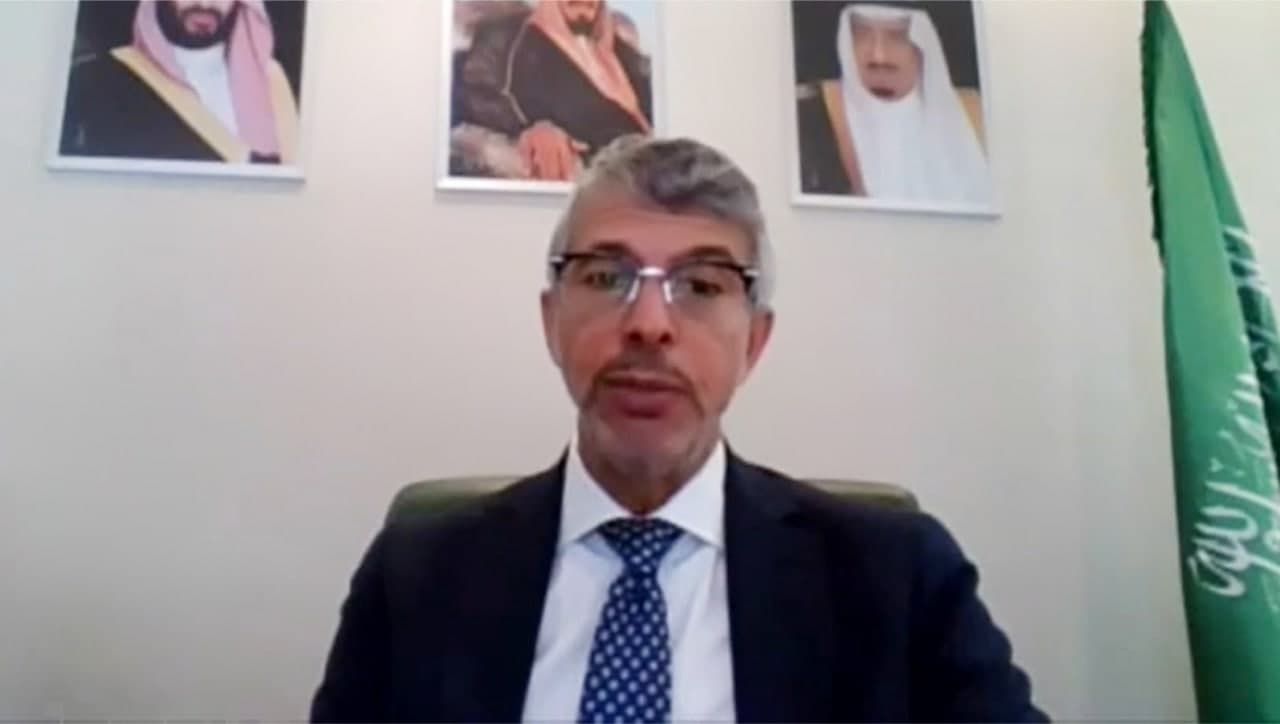
Saudi Arabia’s delegate to the Human Rights Council in Geneva, Abdulaziz Al-Wasel, reiterated his country’s allegations regarding the death penalty.
During a high-level debate on the death penalty on February 23, 2021, during the 46th session of the Human Rights Council, Al-Wasel stated that the right to life is a fundamental right guaranteed by his country’s laws, claiming that the state only carries out this punishment for the most serious crimes, and within the most narrow limits.
Saudi Arabia is repeating these allegations before the Human Rights Council, despite the fact that it carried out 822 executions since 2015 until February 2021. Political charges, the expression of opinions, and drug-related charges accounted for more than 50 percent of all the mentioned executions.
Al-Wasel noted that death sentences are applied according to specific judicial procedures and that they guarantee the provision of a fair trial and are in consistent with the international standards. He also indicated that capital offenses are considered by 13 judges in various levels of litigation.
Al-Wasel’s statements before the Council contradict the facts, as it was documented that detainees were subjected to various types of torture in order to extract confessions. In addition, judges do not investigate these torture allegations, and build death sentences based on these confessions. This comes in light of the lack of independence of the courts and judges, which significantly prevents justice in trials.
Al-Wasel concluded his intervention by referring to what he described as the right of states to sovereignty and to choose their judicial system, ignoring the fact that some of the systems in Saudi Arabia do not comply with international laws and official pledges. Although Saudi Arabia ratified the Convention on the Rights of the Child in 1996, it still threatens children’s lives with execution. Despite its ratification of the Convention against Torture and Other Cruel, Inhuman or Degrading Treatment or Punishment in 1997, torture remains a systematic practice in prisons in light of the lack of accountability.
The European Saudi Organization for Human Rights indicates that at least 41 people, whose cases could be tracked by the organization regardless of the lack of transparency, are still facing the risk of execution despite recent promises made by the official human rights commission and official statements made by the government in international forums.
